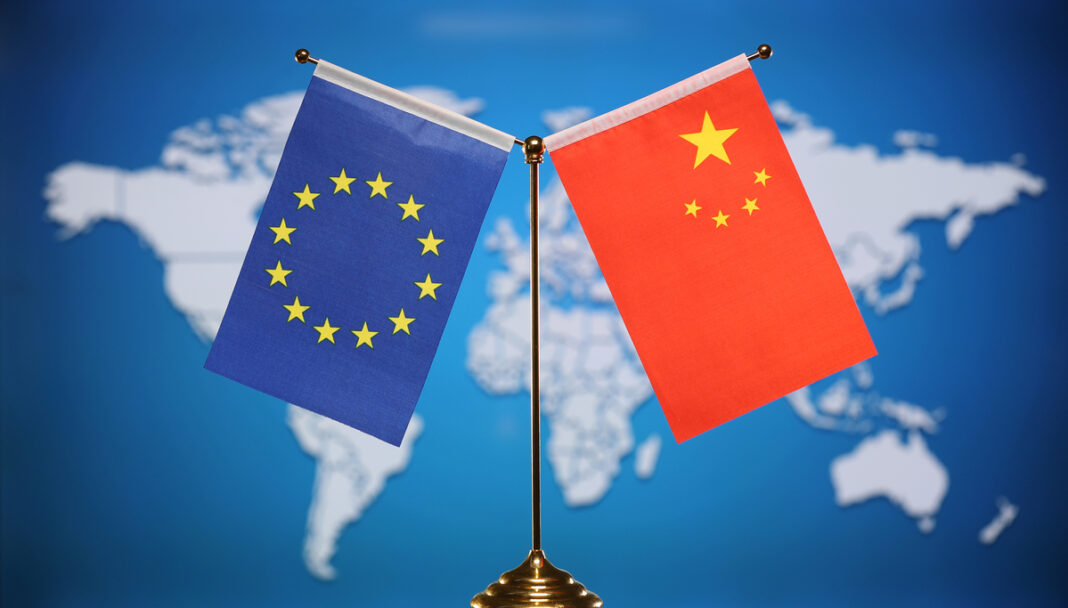BEIJING, June 21: According to the European Chamber of Commerce in China, a slowing Chinese economy has emerged as the primary concern for European firms operating in China, surpassing concerns over political tensions with the United States and the concept of decoupling.
This survey can be read as European nations are readying themselves to join the US-led economic cold war, if not a full-fledged cold war, against China.
The chamber’s annual position paper, released on Wednesday, revealed that the number of European companies considering China as a top-three destination for future investment has reached its lowest point since records began in 2010.
While political uncertainties have captured headlines, it is the economic deceleration that is significantly impacting European businesses.
In contrast to the tightening interest rates and inflation that are squeezing demand in Europe and the United States, companies in China are grappling with a sharp decline in prices due to the looming risk of deflation, dwindling the aggregate demand, further affecting the world’s second-largest economy.
The report highlighted a noteworthy decrease in China-sourced revenues for European companies in 2022, which was three times higher compared to the previous year.
Additionally, the significance of China to companies’ global profits experienced a second consecutive year of decline.
The chamber cautioned that the substantial decline in business sentiment towards China, spanning the past three years, is a profound issue that cannot be swiftly resolved.
Prominent members of the European Chamber of Commerce in China, including BASF, Maersk, Siemens, and Volkswagen, share the concerns expressed in the report.
The findings, based on member feedback from February to early March, indicated that a record number of companies in China faced business losses in the previous year due to market access restrictions and regulatory barriers.
President Xi Jinping’s focus on national security, socialist measures and particularly the recent crackdown on consultancies and due diligence firms, has further increased uncertainty among foreign companies, as regulations in the market often lack clarity.
According to the chamber’s prediction, as new and upcoming legislations in Europe and the United States aim to enforce increased transparency in China operations, it is expected that the trend of diversifying and divesting supply chains will gain further momentum in the medium term.
Foreign direct investment (FDI) into China has notably slowed since the country lifted its strict COVID-19 restrictions late last year.
Comparing January to May of this year to the same period in the previous year, dollar-denominated FDI in China has declined by 5.7%.
Furthermore, the European Union’s trade deficit with China expanded in 2022, reaching 396 billion euros ($433 billion).
European Commission President Ursula von der Leyen has called for the bloc to “de-risk” both economically and diplomatically from China in light of this growing imbalance.
As European companies navigate the challenges posed by the Chinese market, the focus on the slowing Chinese economy takes precedence over geopolitical considerations.
The European Chamber of Commerce in China’s position paper underscores the urgent need for proactive measures to support European businesses and address the underlying issues affecting China’s economic landscape.
It remains to be seen whether European nations will also join the ongoing trade war between the United States and China, which originated during the Trump era, under the guise of protecting their businesses and trade interests.






